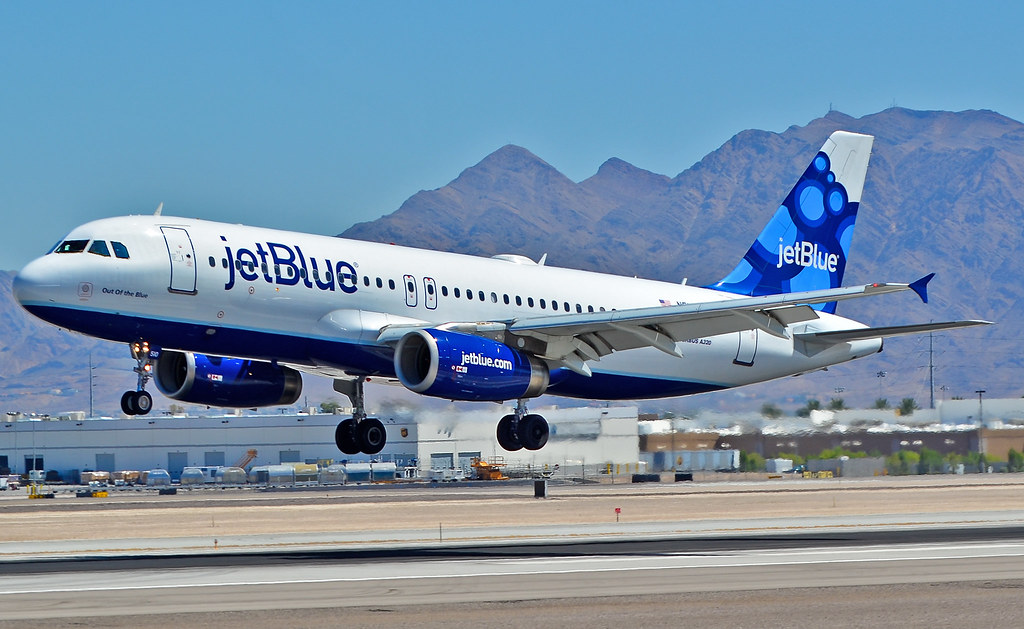airline airline news Aviation news Business News Consumer News Coronavirus Covid-19 Economic News Environmental News Finance News Global Politics green Green Energy News News stock stock news transport Transportation Transportation News travel Travel news
JetBlue is First U.S. Airline to Achieve Carbon Neutrality for All Domestic Flying
JetBlue (Nasdaq: JBLU) today announced it has followed through on its commitment to go carbon neutral on all domestic flights. Earlier this year, JetBlue became the first major U.S. airline to commit to this critical and measurable…
